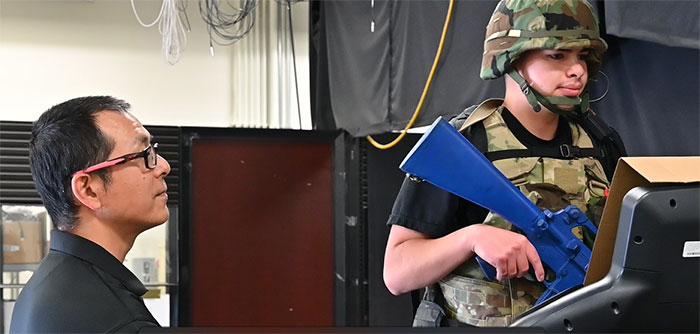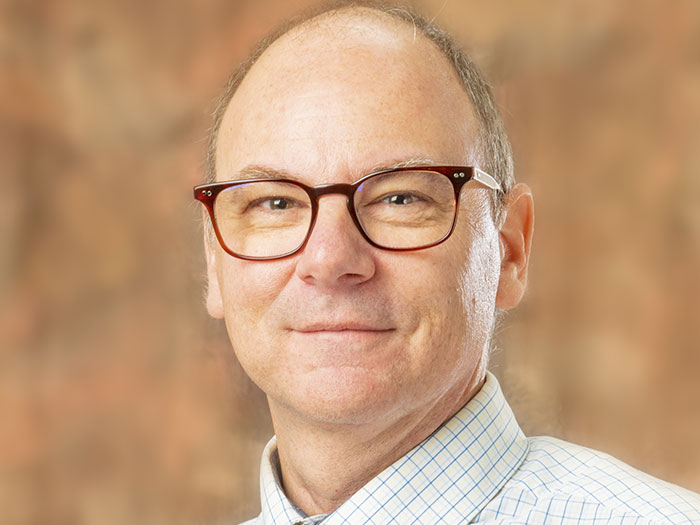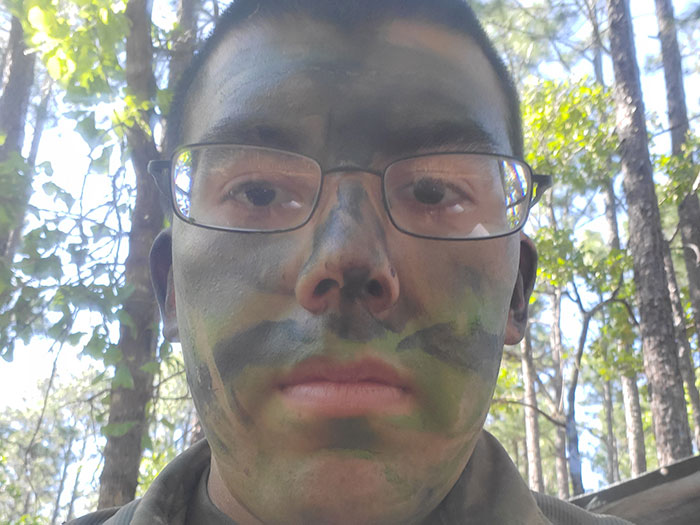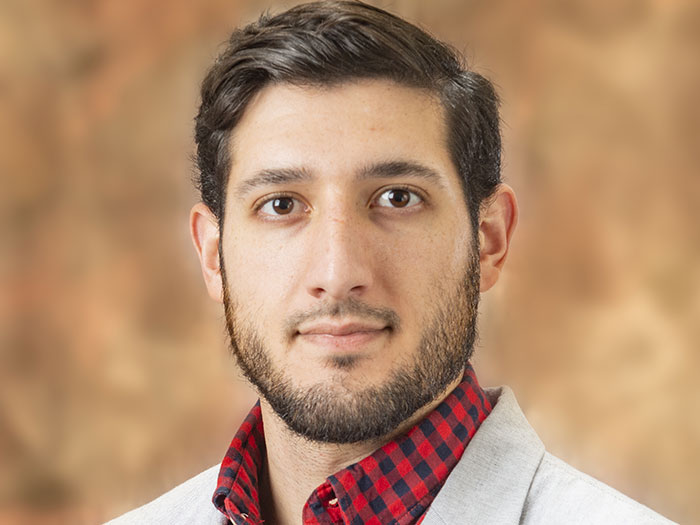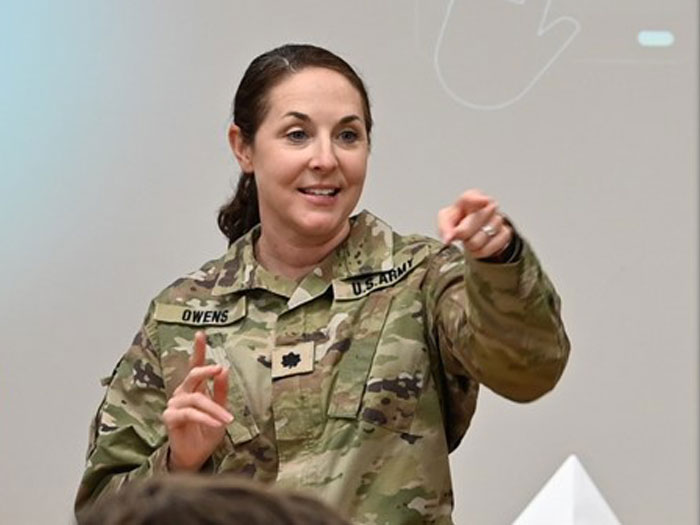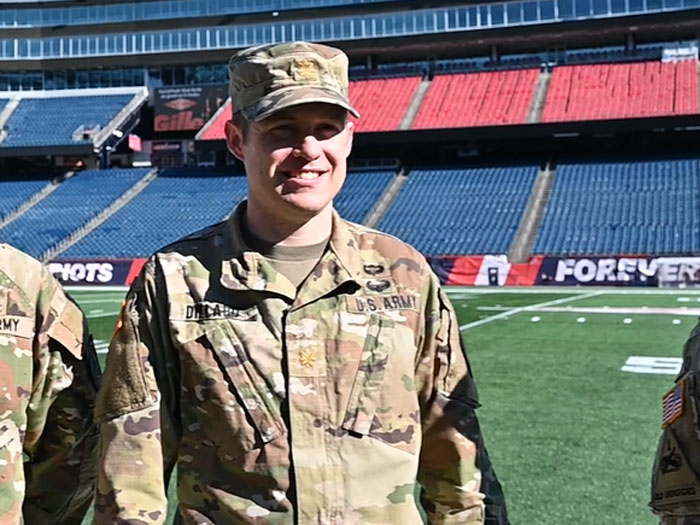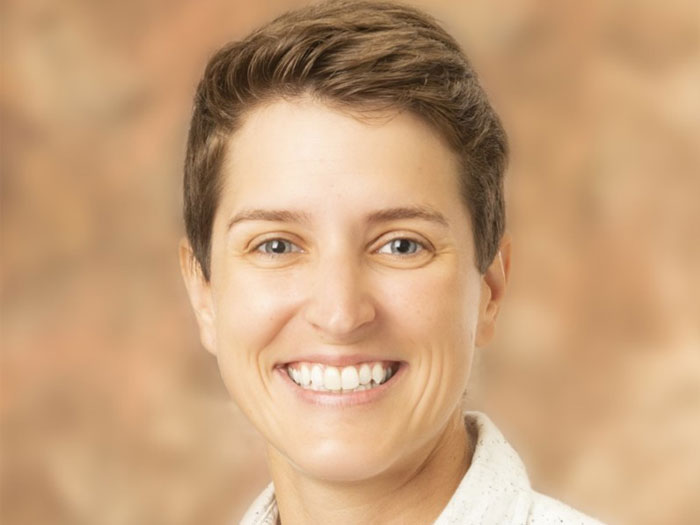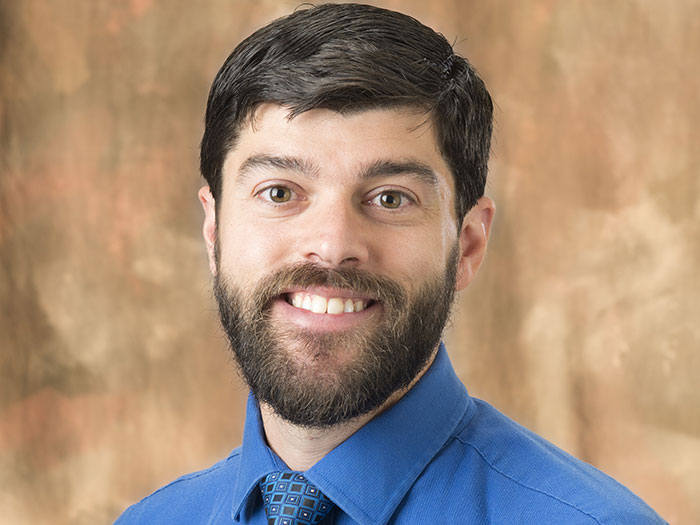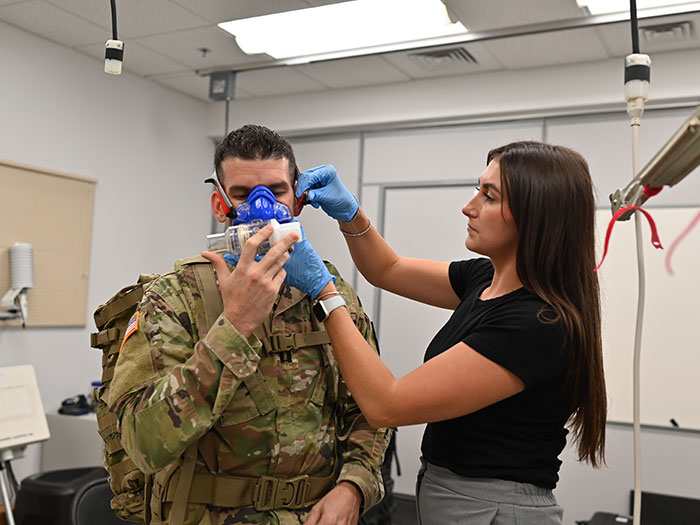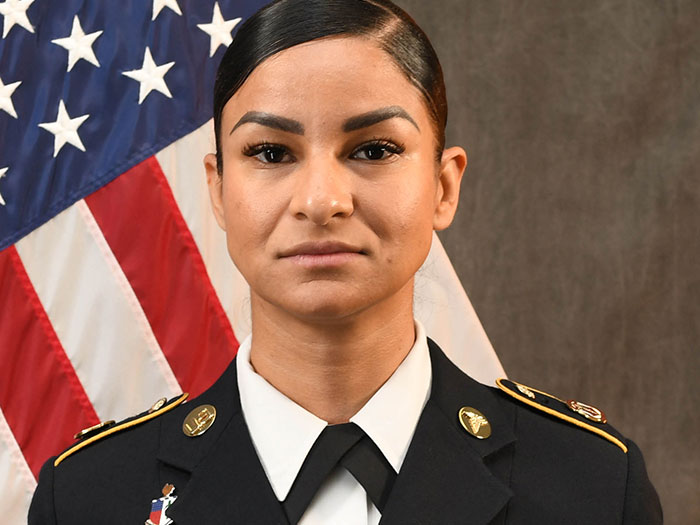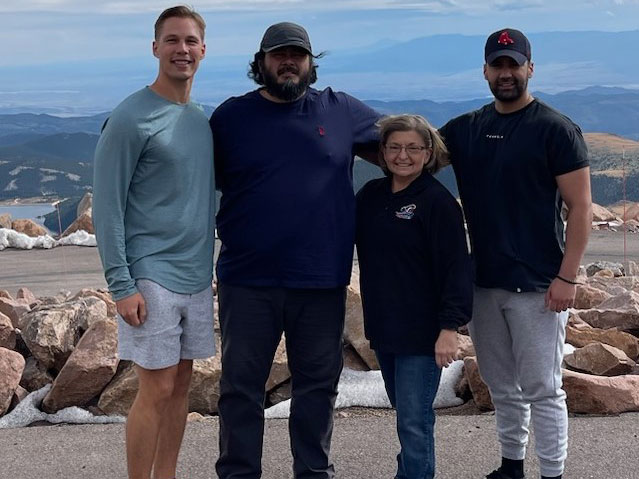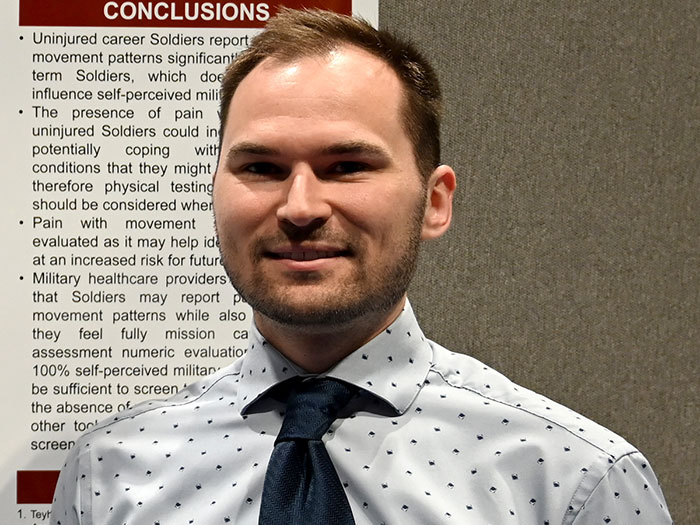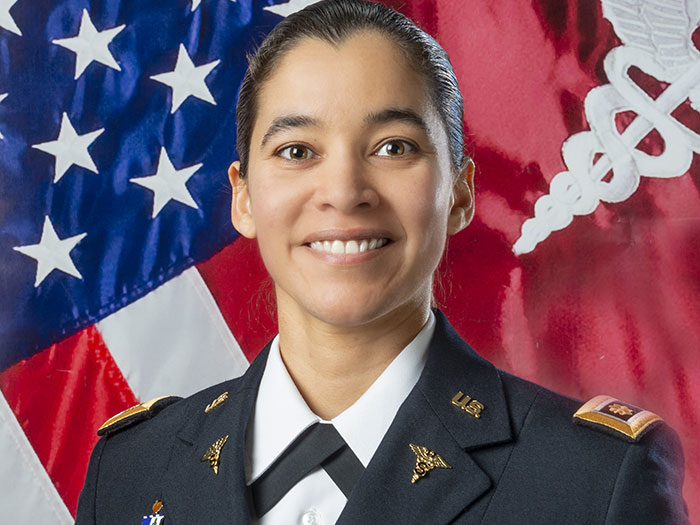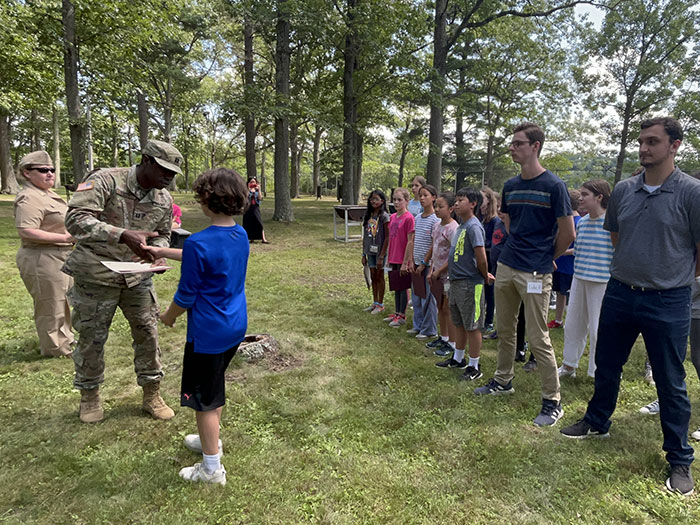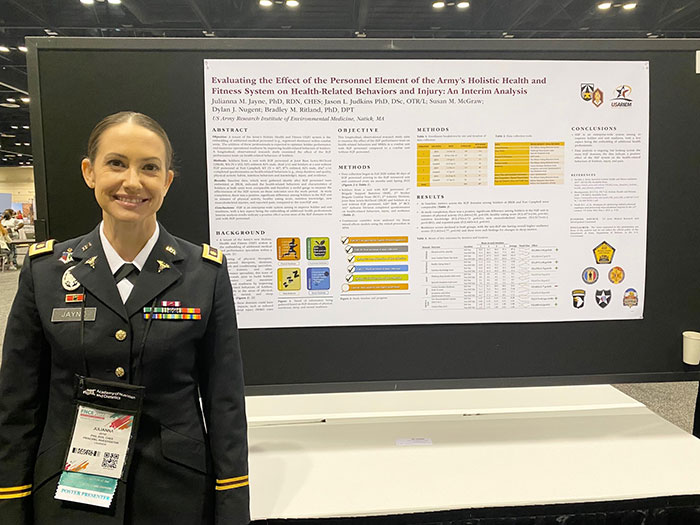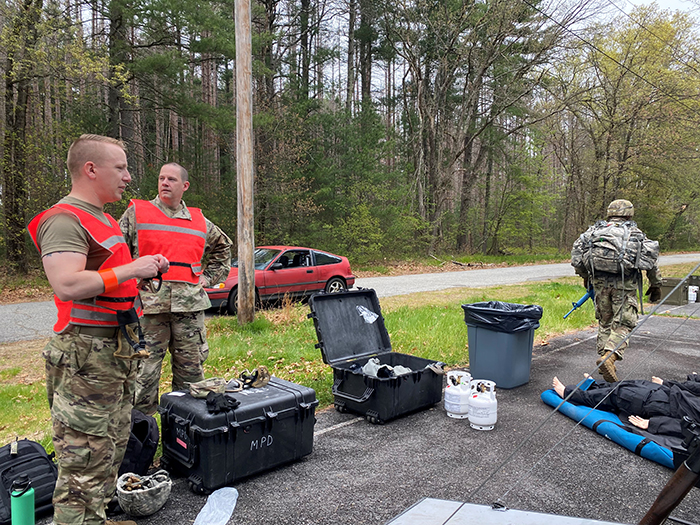Behind the Science with Dr. Tak Nagai, Research Physiologist & Biomechanist in the USARIEM Military Performance Division.
How long have you been at the U.S. Army Research Institute of Environmental Medicine?
I have been at USARIEM for two and half years as a Research Physiologist & Biomechanist. Prior to joining USARIEM, I was at the University of Pittsburgh, where I completed my Ph.D. in Rehabilitation Science and worked as an Assistant Professor in the Department of Sports Medicine and at Mayo Clinic, where I completed my post-doctoral fellowship and worked as an Assistant Professor of Orthopedics.
How did you become interested in Soldier Nutrition and Performance?
As a sports medicine researcher, I was always fascinated by elite athletes with a long and successful career. Those "unbreakable" athletes took care of their bodies with a multi-domain holistic approach (proper nutrition, sleep, physical training, mental preparation and spirituality). I take the same concept from elite athletes to the Army Soldiers (tactical athletes) with the same guiding principles. The Army calls it "Holistic Health and Fitness" or "H2F" in short. Specifically, I am interested in unlocking the science behind the mind-body connection and developing effective intervention strategies for Soldiers so that Soldiers have a long and successful military career and for experienced Soldiers to share their knowledge and wisdom to younger Soldiers.
What projects are you currently working on?
I am currently working on a project evaluating the effects of a knee exoskeleton on Soldiers' performance and potential musculoskeletal injury risks. Additionally, I have another project evaluating and understanding multi-domain characteristics (physical, mental, spiritual, nutrition and sleep) among the Army helicopter pilots and crew chiefs with chronic low back pain. In the future, based on scientific findings, I am hoping to develop and validate a H2F program, specifically targeted to promote aircrew health and fitness and to extend their military career.
What aspects of your job do you love and find most gratifying?
Interacting with Soldiers is the most gratifying part of my job. Every Soldier has a unique and different path (based on their background, assigned stations and military occupations) and interesting stories to tell. At the same, it is a humbling experience for me to hear what our Soldiers had to go through in the time of conflicts/deployments. In return, it is gratifying to see some of my research outcomes and knowledge products making differences in Soldiers' life and/or leadership's decision-making. Additionally, I enjoy working with my colleagues in the Biomechanics Laboratory and in the Military Performance Division and the Natick Soldier Center.
What part of your job do you find to be the most difficult?
Since I spent most of my early research career in academic and clinic/hospital settings, transitioning to the federal system as an Army Civilian with the Army's regulations/training/paperwork was a bit difficult and overwhelming at first. Now, I am surrounded by a group people who support me if I have any questions, and I, myself, begin to understand how the system works and how I could best serve those who serve the Nation.
When you are not at the Institute, what do you like to do for fun?
On regular weekends, I enjoy short hikes, science museums and sightseeing small towns in New England with my wife and kids. All three kids play soccer. During kids' soccer season, I become a soccer dad (taking kids to practices/games and becoming weekend parent-volunteer coach)! When I take a longer vacation, I like to take my family to explore geologic wonders of the world, mostly by visiting National Parks and attending guided tours. From the Denali in the Northwest to the Yosemite and the Grand Canyon in the West to the Everglades in the Southeast to the Arcadia in the Northeast and any Parks in-between, I have traveled to all 50 states and visited most National Parks.
2025



2024
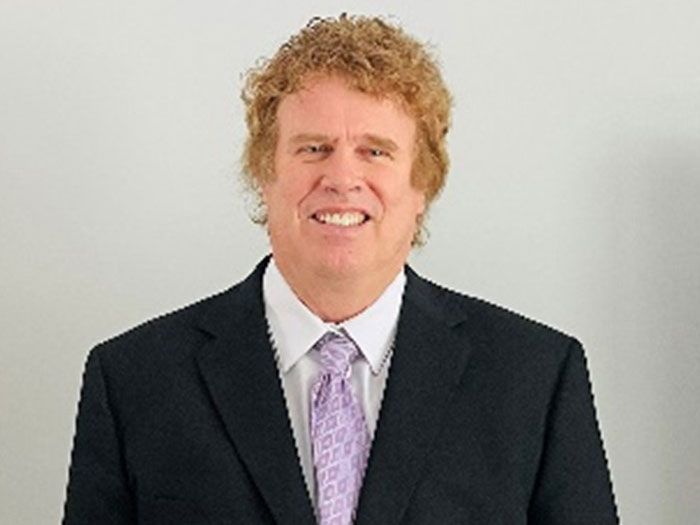

2023
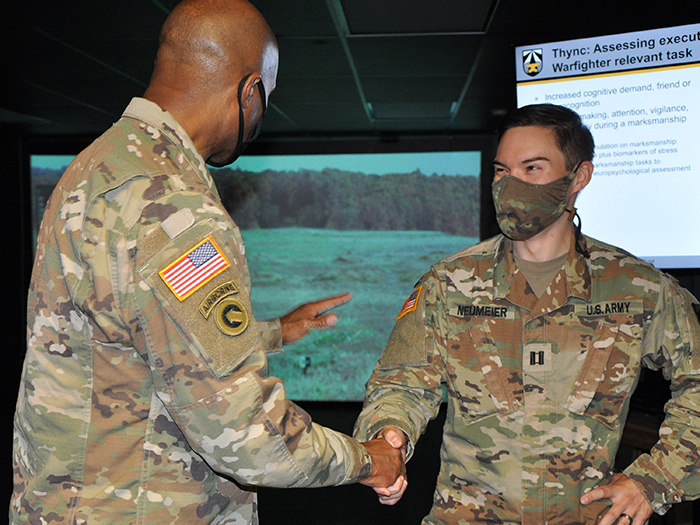
 An official website of the United States government
An official website of the United States government
 ) or https:// means you've safely connected to the .mil website. Share sensitive information only on official, secure websites.
) or https:// means you've safely connected to the .mil website. Share sensitive information only on official, secure websites.














